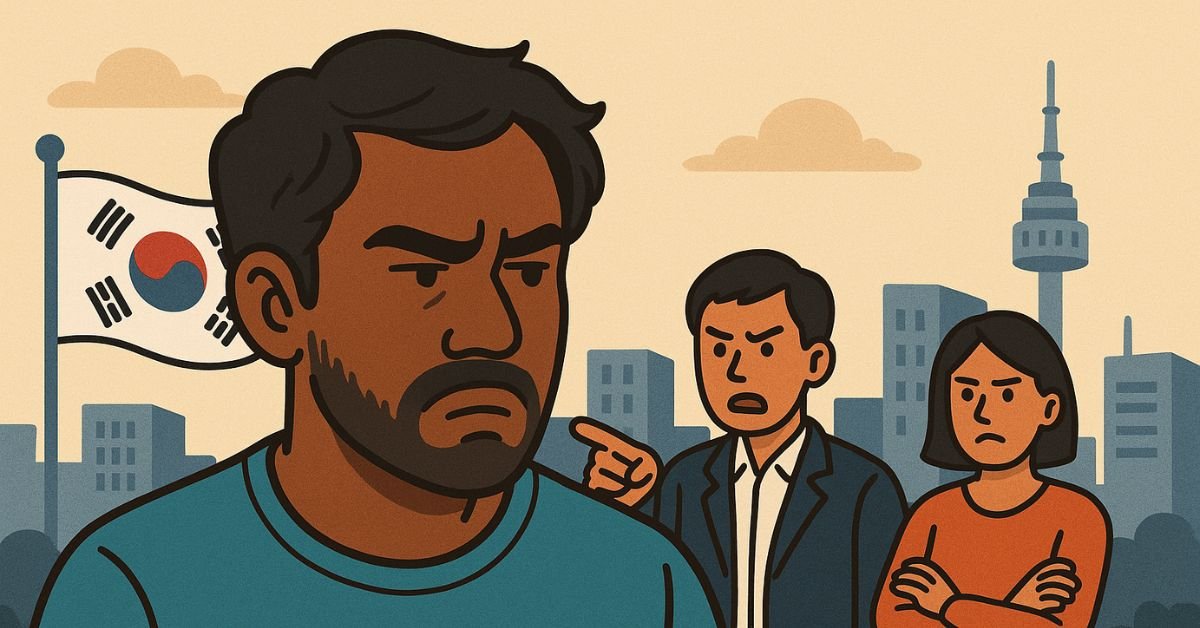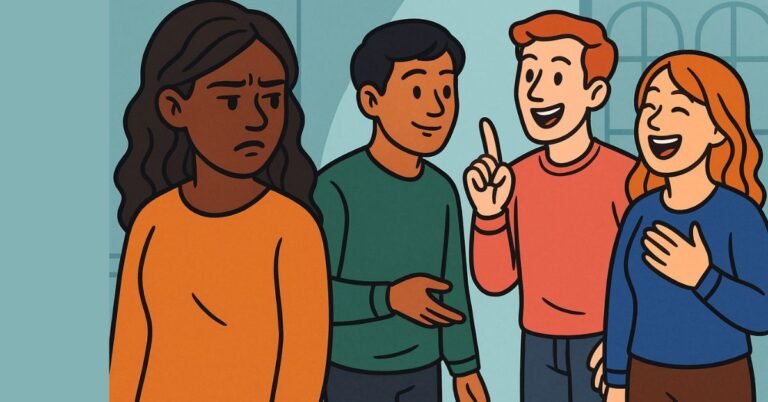Racism in South Korea: A Complex and Evolving Challenge
South Korea is globally celebrated for its rapid economic development, technological innovation, and cultural influence through K-pop, K-dramas, and cinema. However, beneath this modern and dynamic society lies a complex and often uncomfortable reality: racism remains a persistent issue, particularly toward foreign nationals and ethnic minorities.
Unlike Western nations with long histories of racial diversity and immigration, South Korea has traditionally been a racially homogeneous society. This homogeneity has shaped societal attitudes, making the country’s relationship with race and multiculturalism distinct, and at times, problematic. While progress is being made, especially among younger generations, systemic and social barriers still hinder full inclusivity.
Understanding Racism in South Korea
Historical and Cultural Context
South Korea’s strong national identity is rooted in its shared ethnicity, language, and history. For centuries, Korea was a largely closed society, and even today, many South Koreans take pride in their ethnic homogeneity. This has led to a societal expectation of conformity, where those who look or act differently, whether foreigners or mixed-race Koreans, can face exclusion or discrimination.
Unlike countries with colonial histories or large immigrant populations, South Korea only began experiencing significant foreign migration in the late 20th century, primarily due to industrialization and labor shortages. As a result, racial awareness and policies on diversity are still developing.
Forms of Racism in South Korea
Racism in South Korea manifests in various ways, ranging from subtle biases to overt discrimination:
- Everyday Discrimination
- Foreigners, particularly those from Southeast Asia, South Asia, and Africa, report being stared at, avoided in public spaces, or subjected to derogatory comments.
- Some businesses, including clubs and bars, have been known to refuse entry to foreigners or enforce discriminatory policies (e.g., “no foreigners” signs, though these are increasingly challenged).
- Foreign workers in manual labor jobs (e.g., factory workers, agricultural laborers) often face exploitative conditions, lower wages, and social marginalization.
- Systemic and Institutional Barriers
- South Korea lacks a comprehensive anti-discrimination law, despite multiple legislative attempts. Activists argue that without legal protections, victims of racism have little recourse.
- Foreigners often struggle with housing discrimination, as some landlords refuse to rent to non-Koreans.
- In workplaces, foreign employees (especially non-white expats) report being passed over for promotions or facing unequal treatment compared to Korean colleagues.
- Racial Stereotypes in Media and Pop Culture
- Korean media has historically perpetuated racial stereotypes, such as portraying Black people in exaggerated or comedic roles or depicting Southeast Asians only as laborers or spouses in “multicultural families.”
- While improvements are being made (e.g., more diverse casting in advertisements), representation remains limited.
Case Studies: Who Faces the Most Discrimination?
1. South and Southeast Asian Migrant Workers
Migrant workers from countries like Vietnam, Nepal, Bangladesh, and the Philippines often work in difficult conditions under South Korea’s Employment Permit System (EPS). Despite being essential to industries like manufacturing, agriculture, and fisheries, they frequently report:
- Wage theft and unsafe working conditions.
- Social isolation and lack of integration support.
- Visa restrictions that tie them to employers, making it hard to report abuse.
2. Black Expats and Students
Black foreigners, particularly from Africa or the African diaspora, face both curiosity and prejudice. Common issues include:
- Being called racial slurs like “흑형” (heuk-hyeong, “Black bro”), which can be othering even if not always intended maliciously.
- Difficulty finding housing or jobs outside of English teaching.
- Stereotyping in media (e.g., being typecast as athletes or entertainers).
3. Mixed-Race Koreans (“Honhyol”)
Even Koreans of mixed heritage have historically faced discrimination, though attitudes are slowly changing. In the past, they were often stigmatized, particularly those born to Korean mothers and foreign (especially non-white) fathers. While multicultural families are now more accepted, challenges remain in education and social integration.
4. Western Expats: Privilege but Not Immunity
White Westerners, particularly English teachers and professionals, often experience “positive discrimination”, being given preferential treatment in hiring or social settings. However, they can still face xenophobia, especially if they don’t conform to Korean societal norms.
North Korea’s Racial Attitudes
While the article focuses on South Korea, it’s worth noting that North Korea, as one of the world’s most isolated nations, enforces strict racial homogeneity. The regime promotes a narrative of ethnic purity, and foreigners (even diplomatic staff) face severe restrictions. There are no known foreign migrant communities, and state propaganda often portrays non-Koreans with suspicion.
Is South Korea Changing?
Despite these challenges, South Korea is gradually evolving:
- Youth and Activism: Younger Koreans, influenced by global movements like Black Lives Matter, are more vocal about racism. Student groups and NGOs push for anti-discrimination laws and better treatment of foreigners.
- Government Policies: Programs supporting “multicultural families” (Koreans married to foreigners) have expanded, though critics argue they don’t go far enough.
- Media Representation: K-pop agencies and TV networks are slowly diversifying, though tokenism remains an issue.
What Needs to Be Done?
To combat racism effectively, South Korea must:
- Pass a comprehensive anti-discrimination law to legally protect minorities.
- Improve labor rights for migrant workers, ensuring fair wages and working conditions.
- Promote inclusive education to teach racial tolerance from a young age.
- Encourage diverse media representation to shift public perceptions.
- Support grassroots activism that challenges discriminatory practices.
Conclusion
Racism in South Korea is a deeply rooted issue tied to history, culture, and rapid modernization. While the country has made strides in economic and cultural globalization, its social attitudes toward race lag behind. However, with increasing activism, policy debates, and generational shifts, there is hope for a more inclusive future.
For now, the struggle continues, but the conversation has undeniably begun.







